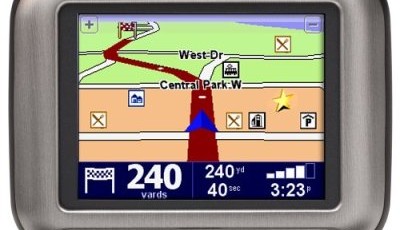Energy Efficient GPS Sensing with Cloud Offloading
on

Location is a fundamental service for mobile computing. Typical GPS receivers, although widely available, consume too much energy to be useful for many applications. Observing that in many sensing scenarios, the location information can be post-processed when the data is uploaded to a server, Microsoft researchers designed a Cloud-Offloaded GPS (CO-GPS) solution that allows a sensing device to keep its GPS receiver unpowered most of the time while logging just enough raw GPS signal for post processing.
The device would then upload these few milliseconds of raw data to the cloud where it is combined with publicly available information such as GNSS satellite ephemeris and an Earth elevation database enabling the calculation of good quality GPS locations. The researchers estimate that their technique - baptized CLEO - can achieve three orders of magnitude lower energy consumption per location tagging compared to the more than 30 seconds of heavy signal processing done by traditional standalone GPS receivers.


Discussion (0 comments)